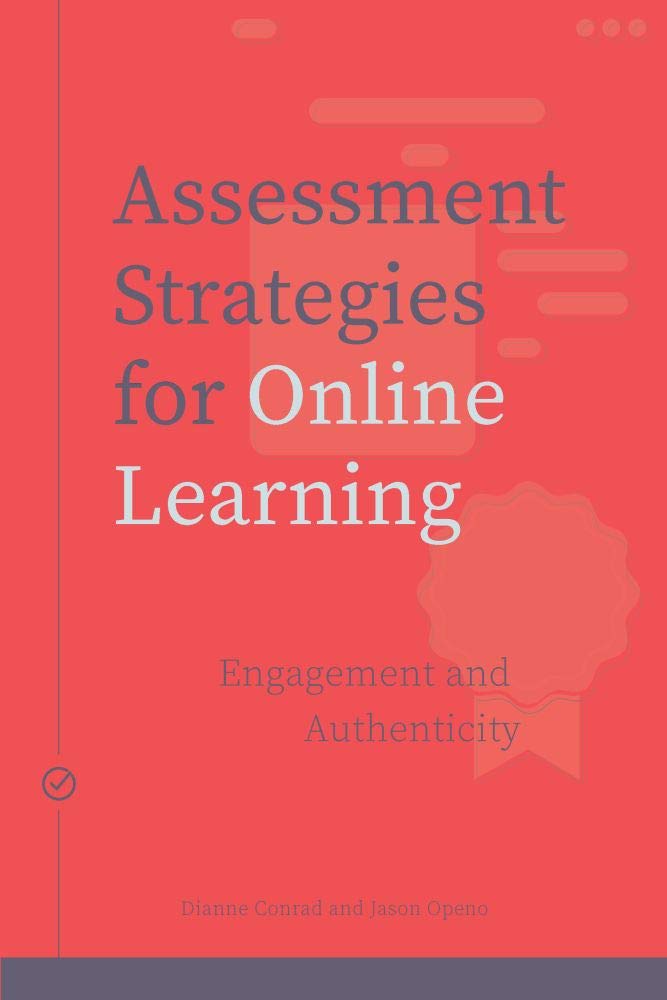

Most ebook files are in PDF format, so you can easily read them using various software such as Foxit Reader or directly on the Google Chrome browser.
Some ebook files are released by publishers in other formats such as .awz, .mobi, .epub, .fb2, etc. You may need to install specific software to read these formats on mobile/PC, such as Calibre.
Please read the tutorial at this link: https://ebookbell.com/faq
We offer FREE conversion to the popular formats you request; however, this may take some time. Therefore, right after payment, please email us, and we will try to provide the service as quickly as possible.
For some exceptional file formats or broken links (if any), please refrain from opening any disputes. Instead, email us first, and we will try to assist within a maximum of 6 hours.
EbookBell Team

4.4
72 reviewsAssessment has provided educational institutions with information about student learning outcomes and the quality of education for many decades. But has it informed practice and been fully incorporated into the learning cycle? Conrad and Openo argue that the potential inherent in many of the new learning environments being explored by educators and students has not been fully realized. In this investigation of a variety of assessment methods and learning approaches, the authors aim to discover the tools that engage learners and authentically evaluate education. They insist that moving to new learning environments, specifically those online and at a distance, afford opportunities for educators to adopt only the best practices of traditional face-to-face assessment while exploring evaluation tools made available by a digital learning environment in the hopes of arriving at methods that capture the widest set of learner skills and attributes.